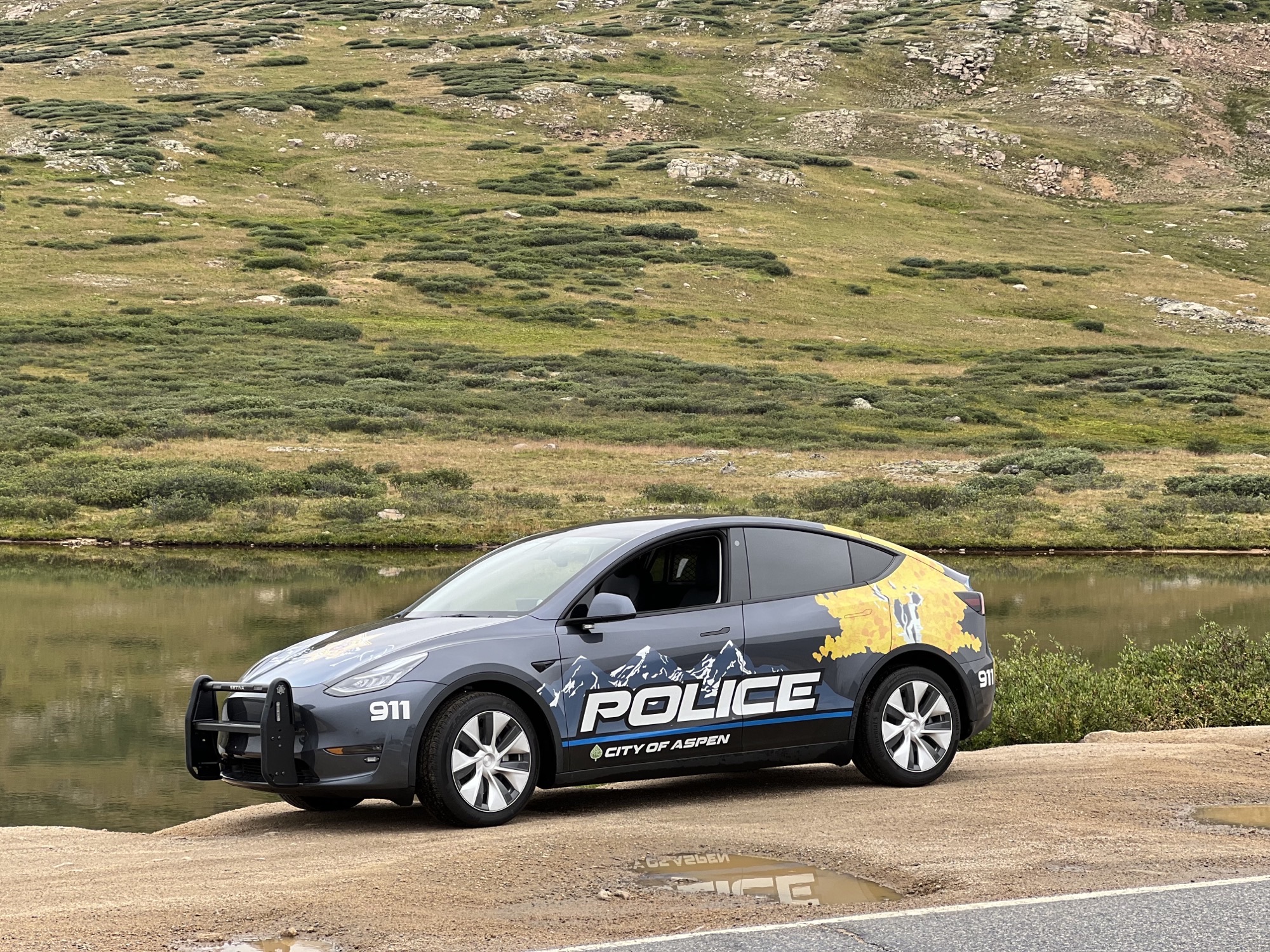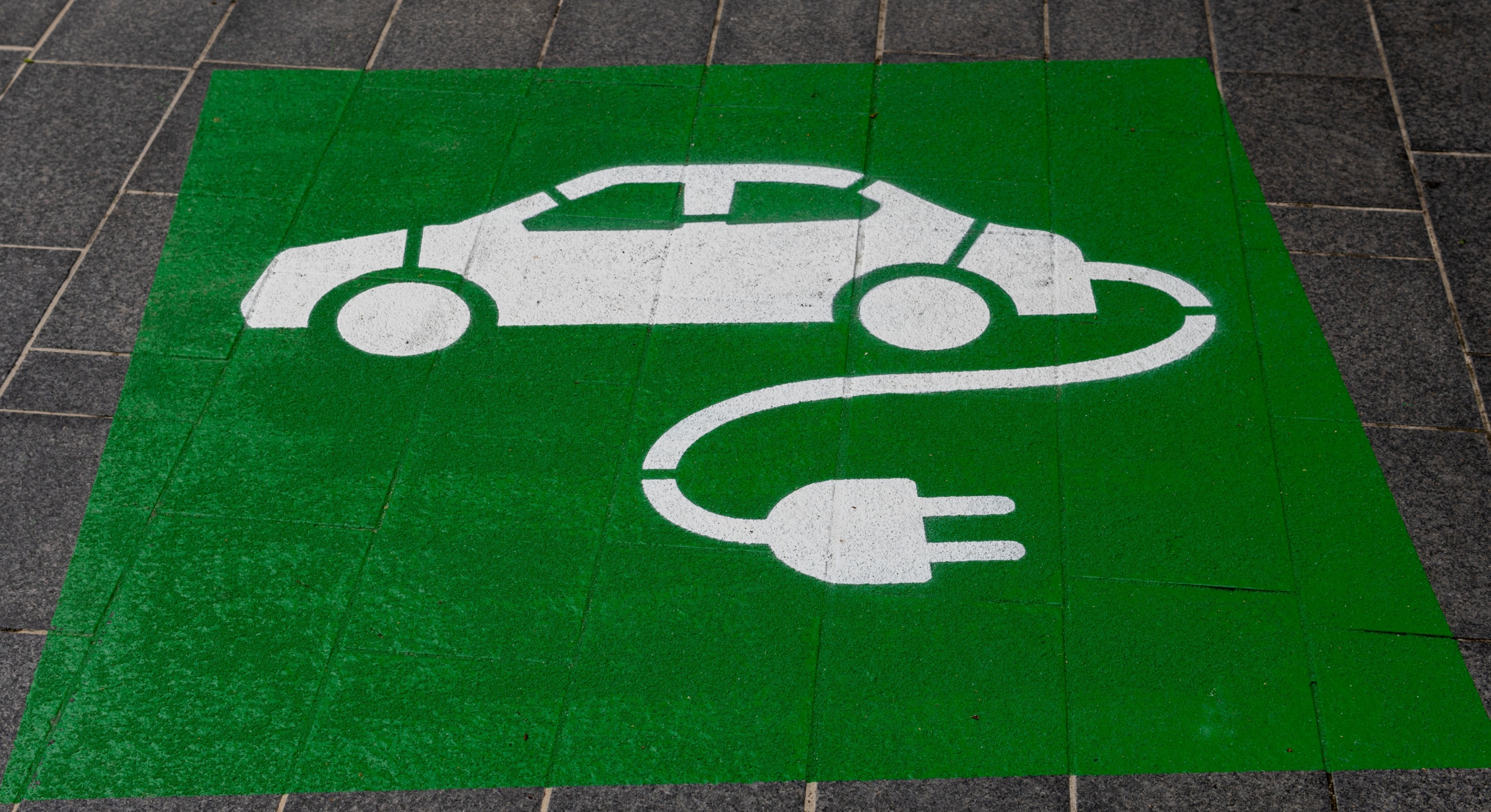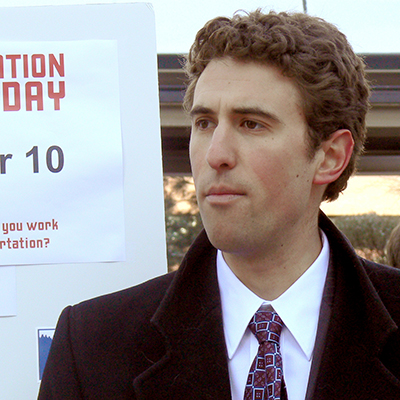
Ten key electric vehicle policies on the road to 100,000
As Colorado surges past 100,000 electric vehicles on the road, we're looking back at an impressive list of policies that have fueled the growth in clean cars, trucks and buses.
Colorado recently surpassed 100,000 electric vehicles on the road, an important benchmark on the way to reaching the state’s goals of 940,000 EVs on the road by 2030, and nearly 100% EVs by 2050. This progress stems from a collection of smart policies the state has enacted in recent years.
It’s urgent we ensure the vehicles on our roads are cleaner, electric-powered. Many parts of Colorado struggle with air pollution, like the Denver-Aurora metro area, which ranked 6th nationally for cities most polluted by ozone, and Fort Collins and Colorado Springs which are also in the top 25.
They also save consumers money. A 2023 analysis by the Energy Policy Institute found that it’s cheaper to charge an EV than fill up on gas in every state. The study found that on average, Colorado residents saved $28 per fill up in a sedan and $36 per fill up in an SUV,
Here are the top 10 things the state has done to accelerate Colorado’s transition to electric vehicles:
- Colorado Clean Cars Rule (passed October 2023) – This rule will require car manufacturers to sell an increasing percentage of electric vehicles, reaching 82% of total vehicles by 2032; Colorado was the 8th state to adopt this rule.
- Advanced Clean Trucks (passed April 2023) – This is a similar regulation to the Colorado Clean Cars rule, but impacts medium- and heavy-duty vehicles like delivery vans and other commercial vehicles.
- Utility Transportation Electrification Plans (TEP) – TEPs outline how a utility will make electric transportation more accessible to their customers and help the state achieve the EV goals outlined above. Xcel’s TEP from 2021 is one of the largest in Colorado and is up for review and expansion in 2024.
- Colorado state electric vehicle tax credits – Colorado has adopted some of the most generous tax credits for electric vehicles designed to complement federal credits. Currently the state offers a $5,000 tax credit for EV models under $80,000 MSRP and an additional $2,500 starting in January 2024 for models under $35,000 MSRP.
- Investments in charging infrastructure – Critical infrastructure investments across the state are being funded through several important programs:
- The federal National Electric Vehicle Infrastructure (NEVI) Plan (established by the Infrastructure Investment and Jobs Act) which helps states to build EV charging stations along highway corridors; Colorado is expected to receive $57 million over the next 5 years.
- Charge Ahead Colorado provides grant funding for community-based Level 2 (L2) and DC fast-charging across the state.
- The statewide Community Access Enterprise Program supports the widespread adoption of EV, and is expected to receive approximately $310 million to support electric vehicle (EV) charging and hydrogen fueling infrastructure and low and moderate income adoption of EVs and electric bicycles
- Colorado Electric School Bus Grant Program (bill passed in June 2022; program opened March 2023) – The Colorado legislature funded $65 million (the second largest public investment of its kind at the time) to provide funding to districts to offset the upfront costs associated with buying and charging new ESBs.
- Clean Fleets Vehicle Technology and Grant Programs (opened March 2023, application process will reopen in March 2024) – This program provides incentives for businesses and governments to fund low or zero emission vehicles for fleets.
- State ebike tax credit (bill passed in June 2023, program opening April 2024) – The Colorado e-bike tax credit will provide a $450 point-of-sale discount off qualifying e-bikes, starting April 1, 2024. E-bikes offer a cleaner and healthier alternative to car trips.
- Clean Transit Enterprise – Created within the Colorado Department of Transportation, the enterprise is designed to collect a fee to support public transit electrification planning efforts, facility upgrades, fleet motor vehicle replacement, as well as construction and development of electric motor vehicle charging and fueling infrastructure.
- Local government support – Across Colorado, local governments are setting goals and developing strategies to accelerate electrification. In fact, 13 cities and counties have made a commitment to reach 100% zero-emission transportation by 2050 through the GoEV City and County Program.
Thanks to Aaron Kressing of Western Resource Advocates and Jim Carpenter of Freestone Strategies for their helpful input on this article.
Topics
Authors
Alexandra Simon
Public Health Advocate, CoPIRG Foundation
Alex is an advocate on Colorado-based campaigns to promote a healthier, cleaner and safer world. She previously served as the Director of Strategic Planning for The Public Interest Network. Alex lives in Denver, where she enjoys hiking, skiing and seeing live music.
Danny Katz
Executive Director, CoPIRG Foundation
Danny has been the director of CoPIRG for over a decade. Danny co-authored a groundbreaking report on the state’s transit, walking and biking needs and is a co-author of the annual “State of Recycling” report. He also helped write a 2016 Denver initiative to create a public matching campaign finance program and led the early effort to eliminate predatory payday loans in Colorado. Danny serves on the Colorado Department of Transportation's (CDOT) Efficiency and Accountability Committee, CDOT's Transit and Rail Advisory Committee, RTD's Reimagine Advisory Committee, the Denver Moves Everyone Think Tank, and the I-70 Collaborative Effort. Danny lobbies federal, state and local elected officials on transportation electrification, multimodal transportation, zero waste, consumer protection and public health issues. He appears frequently in local media outlets and is active in a number of coalitions. He resides in Denver with his family, where he enjoys biking and skiing, the neighborhood food scene and raising chickens.
Find Out More
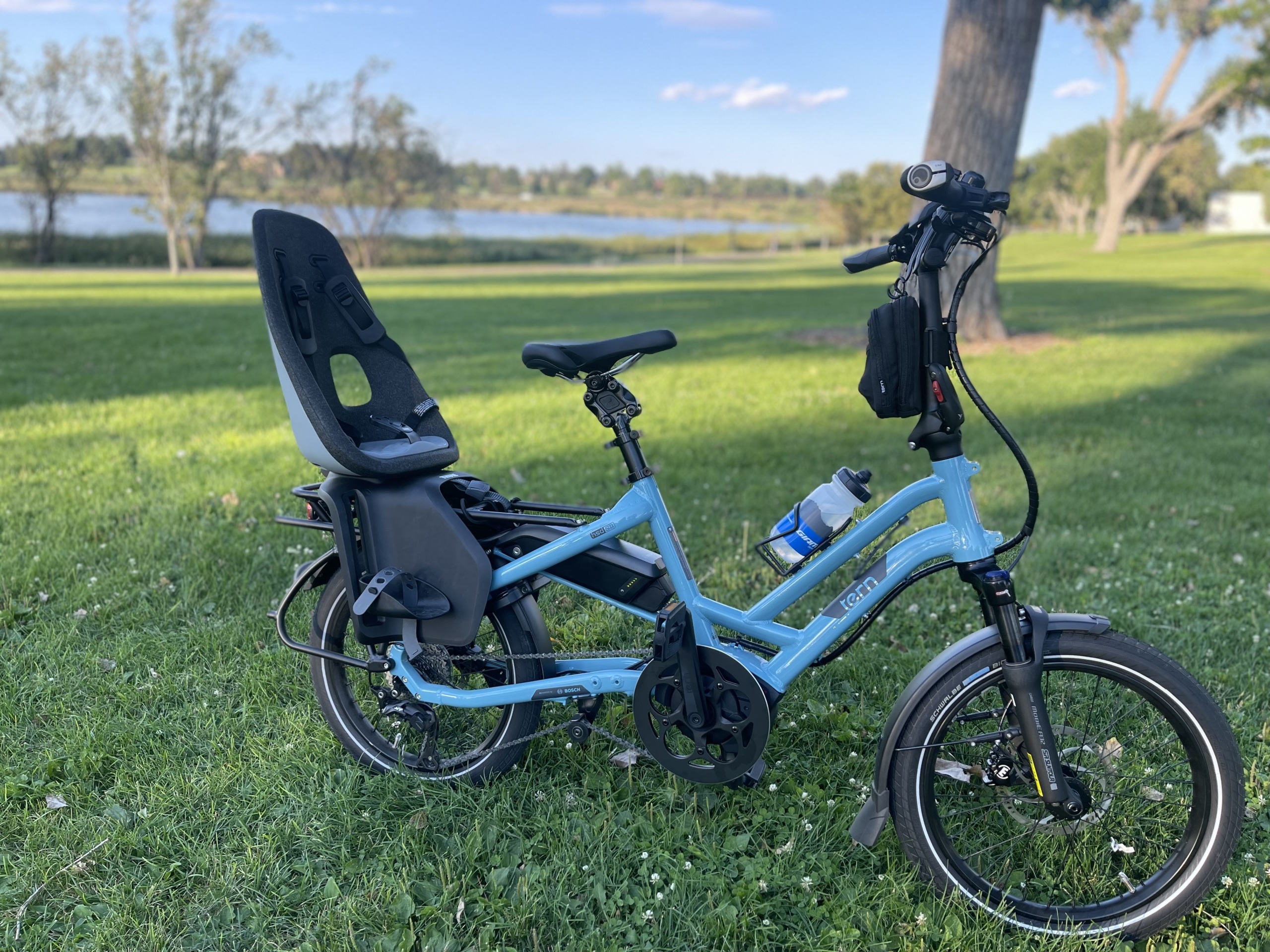
How to get the Colorado state e-bike tax credit
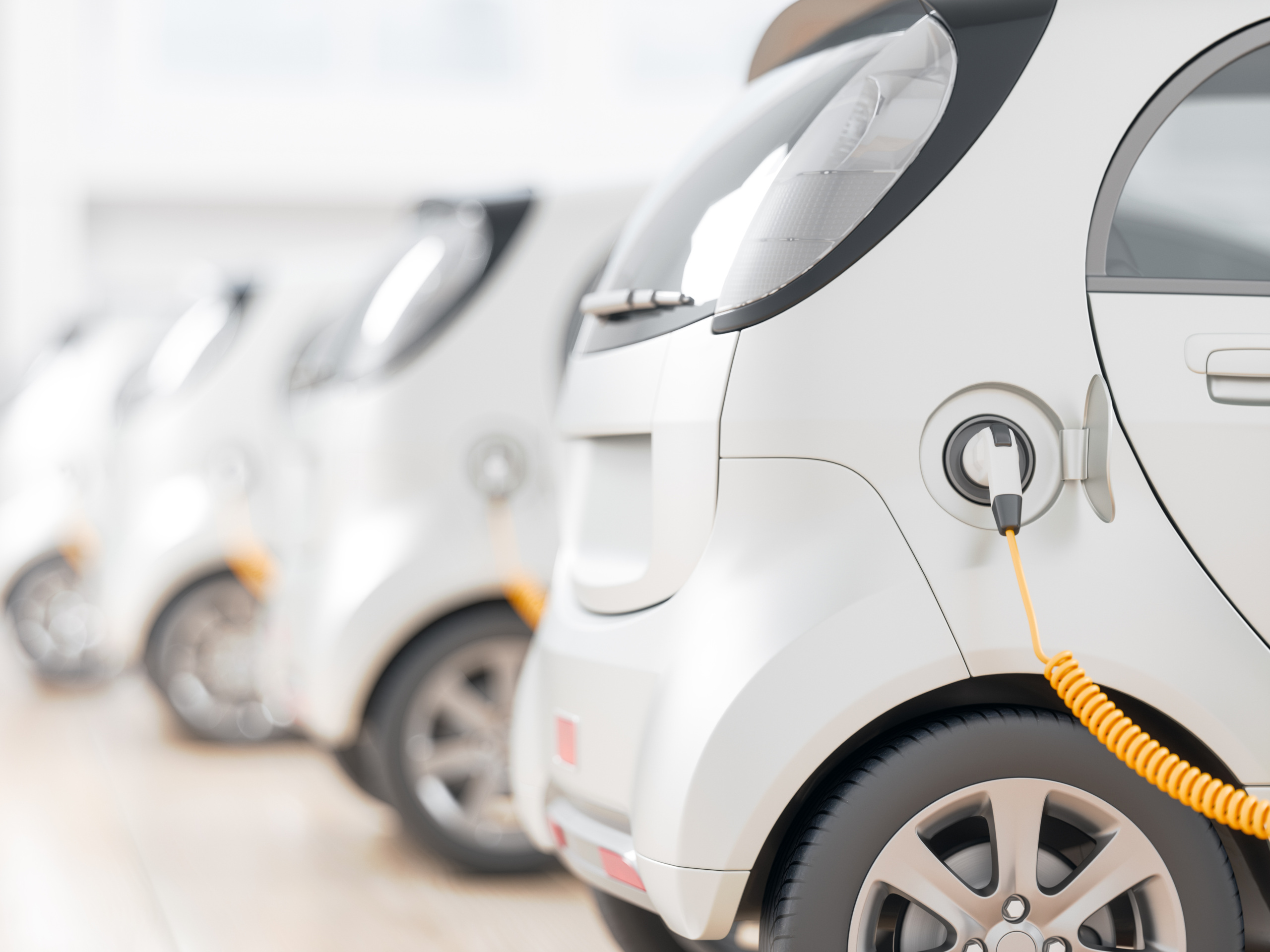
Electric vehicle tax credits, discounts, and rebates in Colorado
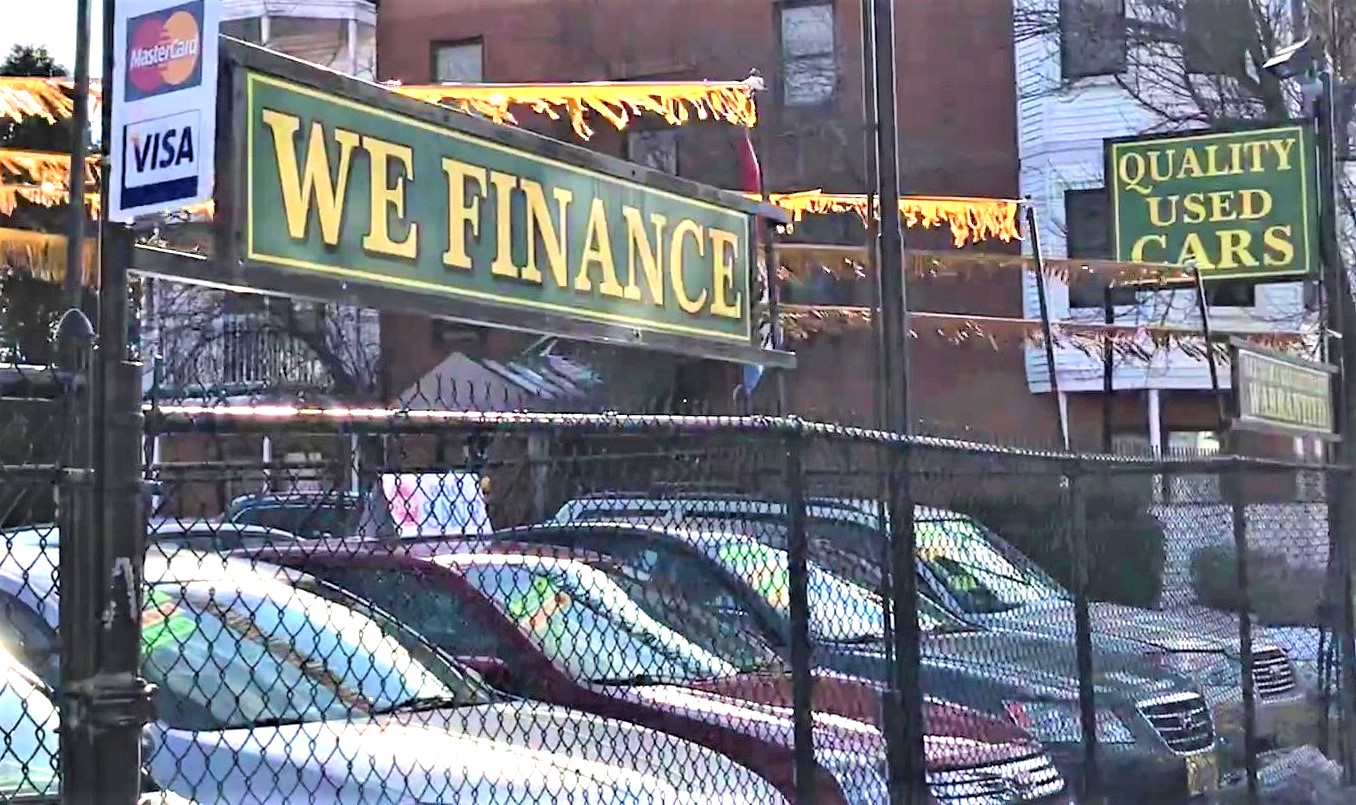
The auto industry has a sustainability problem. And it’s not just about the environment.
